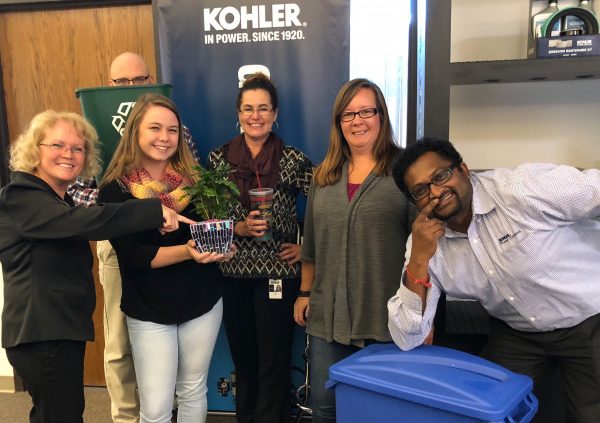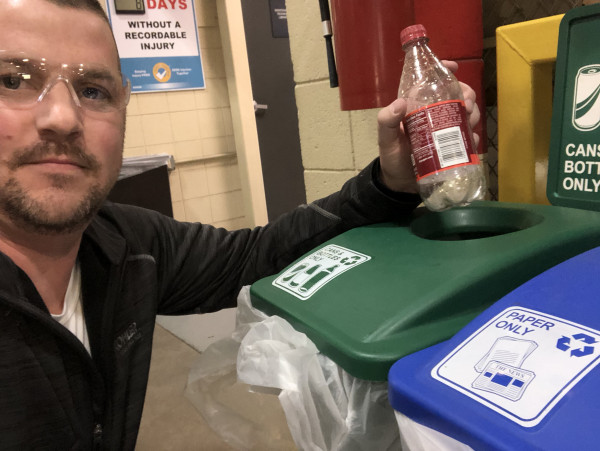Tag: corporate sustainability
Kohler Power Systems Makes Cool Choices
Congratulations to Kohler Co. on their third Cool Choices employee engagement program! This program focused on Kohler Power Systems, Kohler’s division that manufactures generators and related products.
Read moreSustainable Communities: Accelerating Sustainable Practices Across Your Community
Communities across the world are committing to sustainable practices. Here in the US, cities large and small are pledging to reduce their emissions, to fulfill the terms of the Paris Climate Accord, and to achieve 100% clean energy.
As we showcased in the first installment of our Sustainable Communities webinar series, communities large and small across the Midwest are doing great work around sustainability. A challenge is expanding and accelerating that work by involving everyone and delivering change at scale.
It’s Time for Culture Change

Achieving aggressive sustainability goals requires more than a strategy; sustainability leaders need to facilitate a culture change so that sustainable practices are part of a new normal.
Cool Choices Across the Kohler Power Network
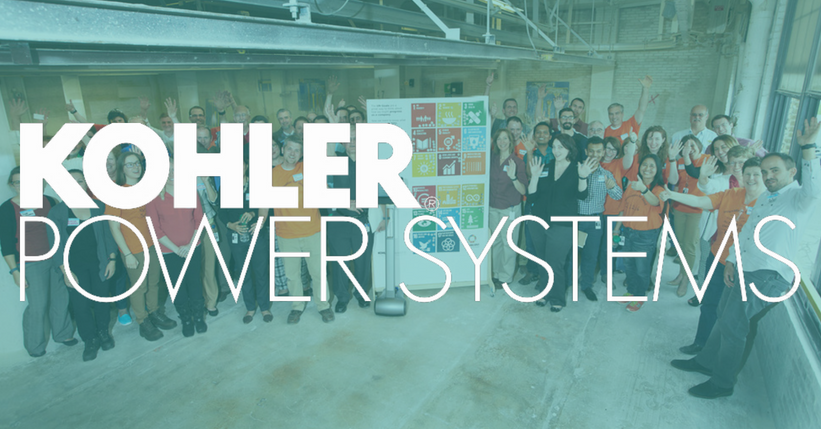
Kohler Power Systems —Kohler’s division that manufactures generators and related products—will implement a unique Cool Choices program this fall.
Making Cool Choices in Northeast Wisconsin
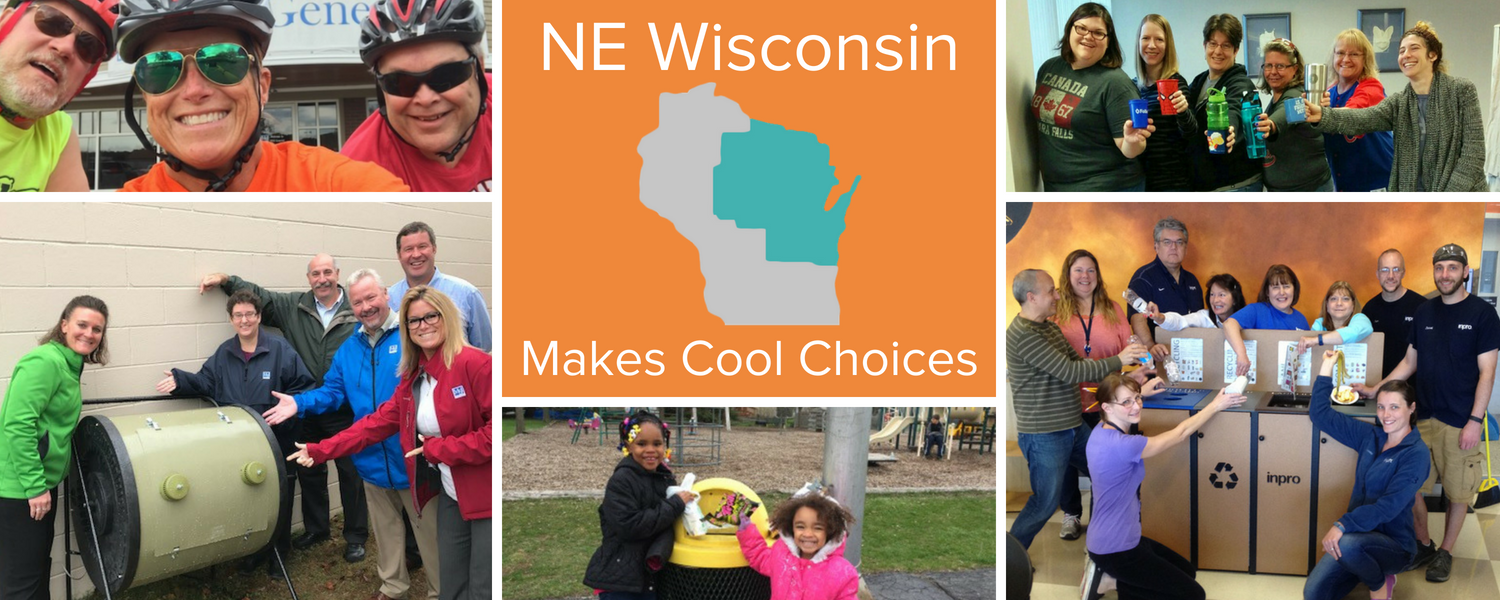
Some ideas are so good that they merit replication.
Last year Cool Choices did a community-scale sustainability program in Waukesha County, in partnership with the county’s workforce development team and local chambers of commerce. Sustainability leaders in the Fox Valley heard about the program and reached out to ask if we could replicate the program in their region.
Sustainable Communities: Inspiring Local Changes to Address Global Challenges

Communities across the U.S. and around the world are making big commitments to clean energy and environmental sustainability more broadly. According to a 2018 report from the CDP, more than 100 cities get most of their electricity from renewable energy sources—up from just 42 in 2015. Plus, a growing number of communities ranging from London, England to Norman, Oklahoma and Eau Claire, Wisconsin are making commitments to clean energy and carbon neutrality.
Behavioral Insights on Increasing Electric Vehicle Usage
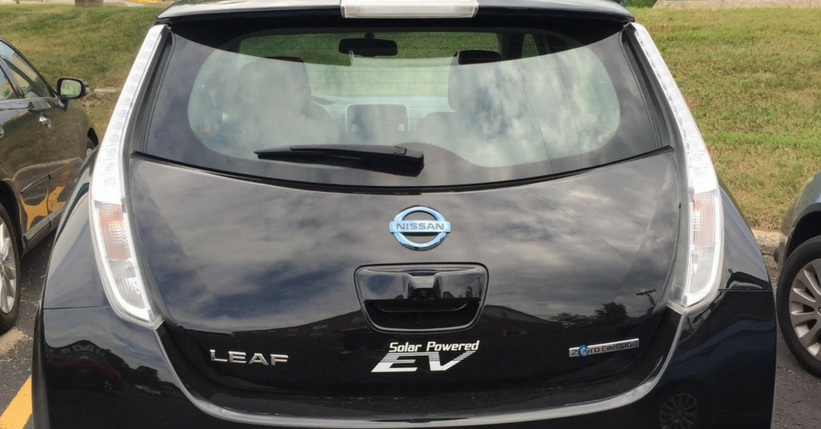
Globally we’re in the midst of an exciting transition to electric vehicles and there are signs of the change everywhere you look with cities, states and utilities all helping to promote this transition.
Inspired to Keep Standing Up for Sustainability
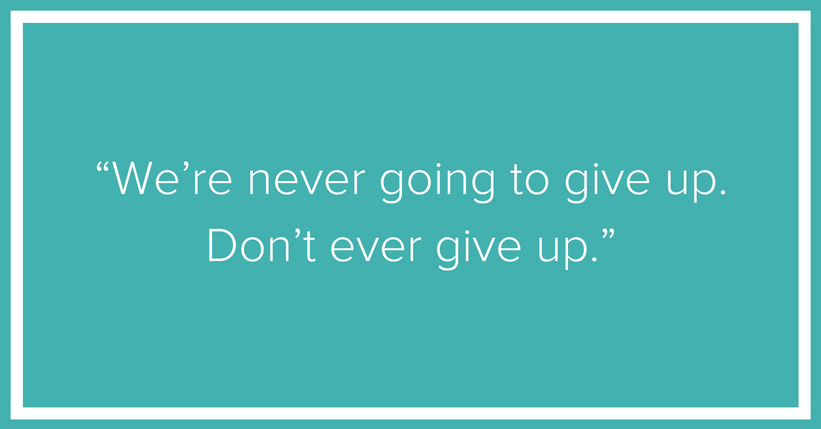
Advocating for sustainability is difficult work. Sometimes it feels a little hopeless—we see the headlines about shrinking glaciers and rising temperatures alongside stories about short-sighted politicians. Or our efforts to implement a new sustainability practice lack traction and we feel that nobody else cares about these issues. Frustrated and discouraged, we might start to ask ourselves if our efforts are in vain, if it’s even possible to make change happen.

